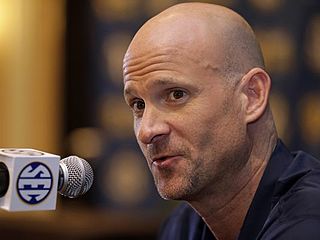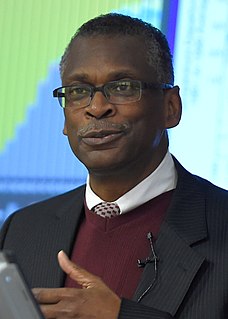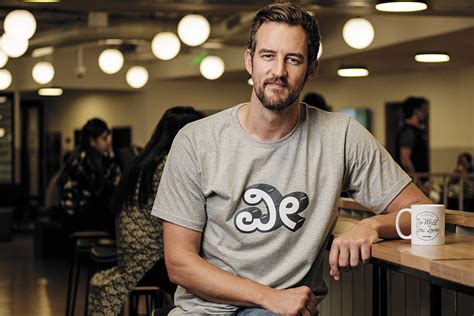Top 1200 Large Companies Quotes & Sayings
Explore popular Large Companies quotes.
Last updated on April 14, 2025.
Small and mid-sized companies in this country historically have been responsible for creating the overwhelming majority of new jobs in the private sector. One of the most-common misconceptions about our private enterprise system is that large companies, such as the Fortune 500, are integral to the process of job creation in this country. The truth is quite the opposite.
There are companies that are good at improving what they're already doing. There are companies that are good at extending what they're doing. And finally there are companies that are good at innovation. Every large company has to be able to do all three - improve, extend, and innovate - simultaneously.
If the question is, how do we best produce business people who can succeed in the post-Great Recession era, then I think the MBA programs and their connection to large companies remains intact but it's not the path to a "Business Brilliant" life. It's a path to a middle-class existence marked by large stretches of security and comfort with occasional eruptions that you're probably ill-prepared to handle. Do I sound too cynical?
One of the principal impediments to job creation is uncertainty on the part of American companies, large and small. We've all watched as companies have sat on a lot of capital. They're uncertain about what tax policy is going to be. They're clearly uncertain about how health care costs. They're uncertain about all the regulations on capital markets.
The United States is walking in the same direction as China, we're just allowing private companies to monetize left, right and center. Just because it's not the state doesn't mean that there isn't harmful impacts that could come if you have one or two large companies monitoring or tracking everything you do.
























































